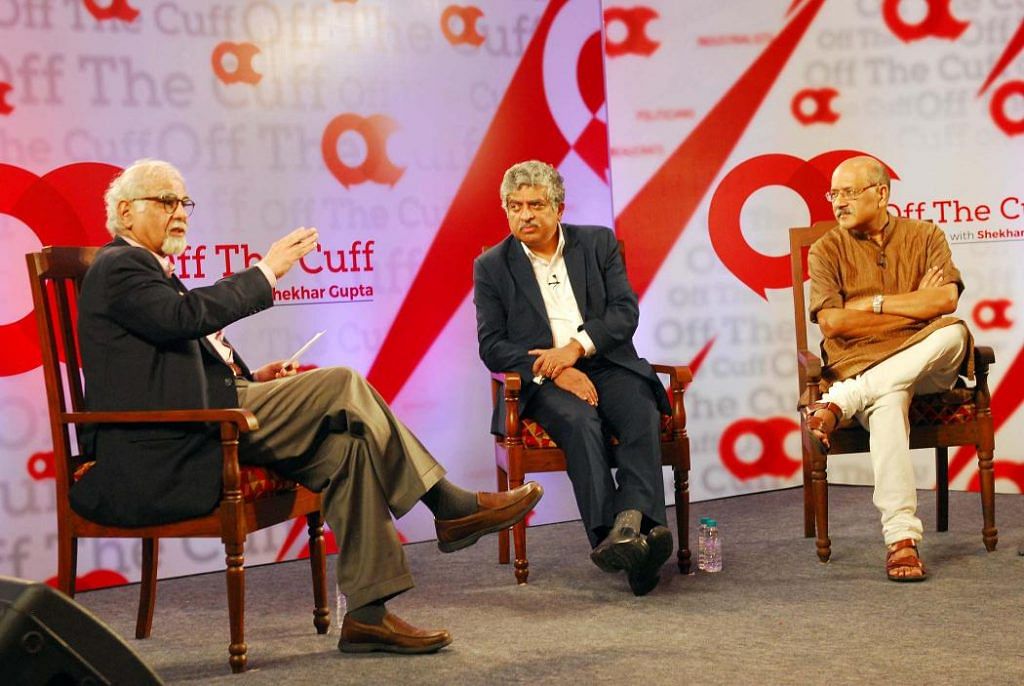A huge mistake India made post-Independence was the lack of emphasis on primary and secondary education, says member of PM’s Economic Advisory Council.
New Delhi: Surjit Bhalla, economist and member of Prime Minister Narendra Modi’s Economic Advisory Council, has hit out at policy-makers of the past for what he called making a complete shamble of India’s growth potential.
“If there’s anything possibly wrong that a policy-maker can do, anywhere in the world, at any time in history, we’ve done it here,” Bhalla said, while comparing India’s growth trajectory to that of China.
“Historically, sometimes China was rich and sometimes India. This continued for 480 years. But, China’s meteoric rise in economic growth in a short span of time led to the Indian economy falling far behind in the race,” he said.
In that period, China’s economy underwent a shift from a largely agrarian society to an industrial powerhouse, and in the process saw sharp increase in productivity, wages that allowed China to become the world’s second-largest economy he explained at ThePrint’s ‘Off The Cuff’ event in Bengaluru, which was broadcast this weekend.
Primary and secondary education
According to Bhalla, another huge mistake India made post-Independence, apart from failing to provide adequate sanitation, was the lack of emphasis on primary education. Thus, it failed to widen the base of education. “Where India went drastically wrong was in emphasising higher education at the expense of primary and secondary education,” he said.
According to Bhalla, it is China’s emphasis on primary and secondary education and agriculture reform that has been a major contributor to its growth. However, he remarked that China’s population policy was a ‘mistake’, and that India’s population growth was a good thing.
While it was earlier perceived that income was realised on the basis of connections and the stature of the school one went to, now it has been acknowledged that it is education that determines growth. Education, Bhalla said, was responsible for the US growing faster than Britain and the rise of the developing world.
Poor-quality teachers and the problem of these teachers not showing up for work are some of the major concerns that plague our education system, especially in public schools.
An alternative to reservations
Advocating equal opportunity for every student, Bhalla proposed a system where everyone pays the same amount for their school and college education.
According to Bhalla, this way, a wealthy student will not pay less for college education as compared to his school education, while education for the poor will remain subsidised. Attempts to increase college fees have been met by riots, he said.
He added that in this system, “we don’t have to go through reservations… which I think really messes up the system, and has messed up the system.”
Universal healthcare
Previously a believer in the theory that growth solves all problems, Bhalla said now he is a big believer in universal healthcare, which should be financed using innovative models. Per capita income, which measures average income earned per person in a given area (city, region, country, etc.) in a specified year, is still the most important criterion in the measurement of poverty rather than the Human Development Index, he said.
Speaking about the economy, Bhalla said that India was currently losing out when it came to fiscal policy. Criticising the high real interest rates set by the RBI, Bhalla added: “The only instrument you have for both enhancing growth and decelerating growth is interest rates.”
